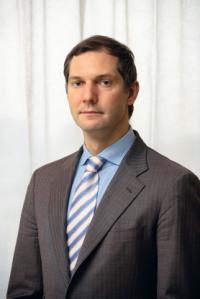http://www.nunatsiaqonline.ca/
“More profitable to keep polluting the region than modernize the production”
The nickel mine in the aptly named town of Nikel in northwestern Russia is usually notable for three things: it’s big, it’s a massive source of pollution, and, for more than 20 years, it’s defied all attempts to change.
Controversy is as constant in Nikel as the clouds of sulphur dioxide; the mine here is equal parts economic powerhouse and environmental scourge. Yet, criticism has kicked up a notch in recent weeks after European leaders met to discuss issues in the region — and failed to mention Nikel.
Last week’s Barents Summit in Kirkenes, Norway brought together leaders from all over northern Europe, but despite old promises to deal with the mine’s pollution and new commitments to environmental sustainability, the mine located just 50 kilometres away went unmentioned.
Amid the international hoopla over the Arctic, it’s easy to forget that the region is a relatively small place, with a small population. The presence of organizations such as the Arctic Council and the Barents Council means countries are increasingly trying to tackle Arctic issues as a group, but disagreements still arise.
























